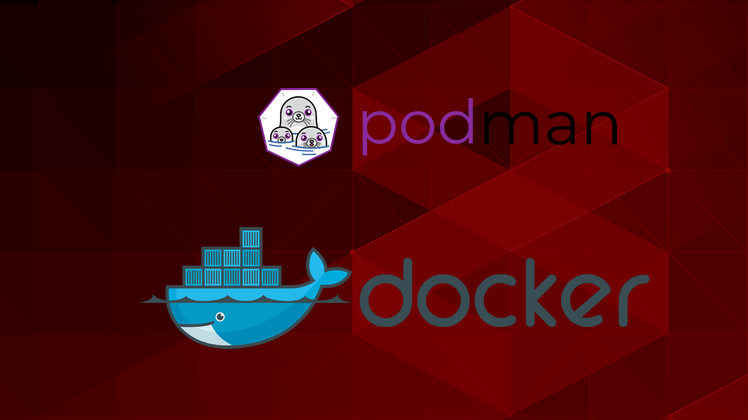
Here onwards, all the commands mentioned are universal docker commands so you can execute the command on any operating system that Docker supports (In our case, CentOS 7, Ubuntu 16.04, and Fedora 26/25). Restart the Docker engine after you have opened up the required ports as the firewall chain does affect the docker rules. Ufw allow 80/tcp # We are Testing Docker Swarm with WebService You would need to open following ports on the firewall for a swarm cluster to work properly.ĬentOS / Fedora: firewall-cmd -permanent -add-port=7946/tcpįirewall-cmd -permanent -add-port=4789/udpįirewall-cmd -permanent -add-port=7946/udpįirewall-cmd -permanent -add-port=2376/tcpįirewall-cmd -permanent -add-port=2377/tcpįirewall-cmd -permanent -add-port=80/tcp # We are Testing Docker Swarm with WebService READ: How to Install Docker Community Edition on Fedora 26 / Fedora 25 Firewall READ: How to Install Docker Community Edition on Ubuntu 16.04

READ: How to Install Docker Community Edition on CentOS 7 / RHEL 7 So, you can just install Docker engine on all of your hosts (Manager and Worker Nodes). It is now integrated with Docker engine from v 1.12. Docker manager will also take a part of a cluster ie, It will run containers as well.ĭocker swarm was previously a separate tool.

Our Infrastructure Install and Configure Docker Swarm on CentOS 7 – Swarm Infrastructureįor the demonstration, I’m using mixed operating system environment: HostNameĪcts as a Docker manager who manages Docker engine running on nodes. Swarm ensures availability and high performance of your application by distributing it over the number of Docker hosts inside a cluster.Īlso, with Docker swarm, you can scale your application horizontally, i.e., increasing number of container instance for the same application. Docker swarm is (aka Docker engine in swarm mode) a native clustering solution that makes a group of Docker hosts into a single logical virtual server.


 0 kommentar(er)
0 kommentar(er)
